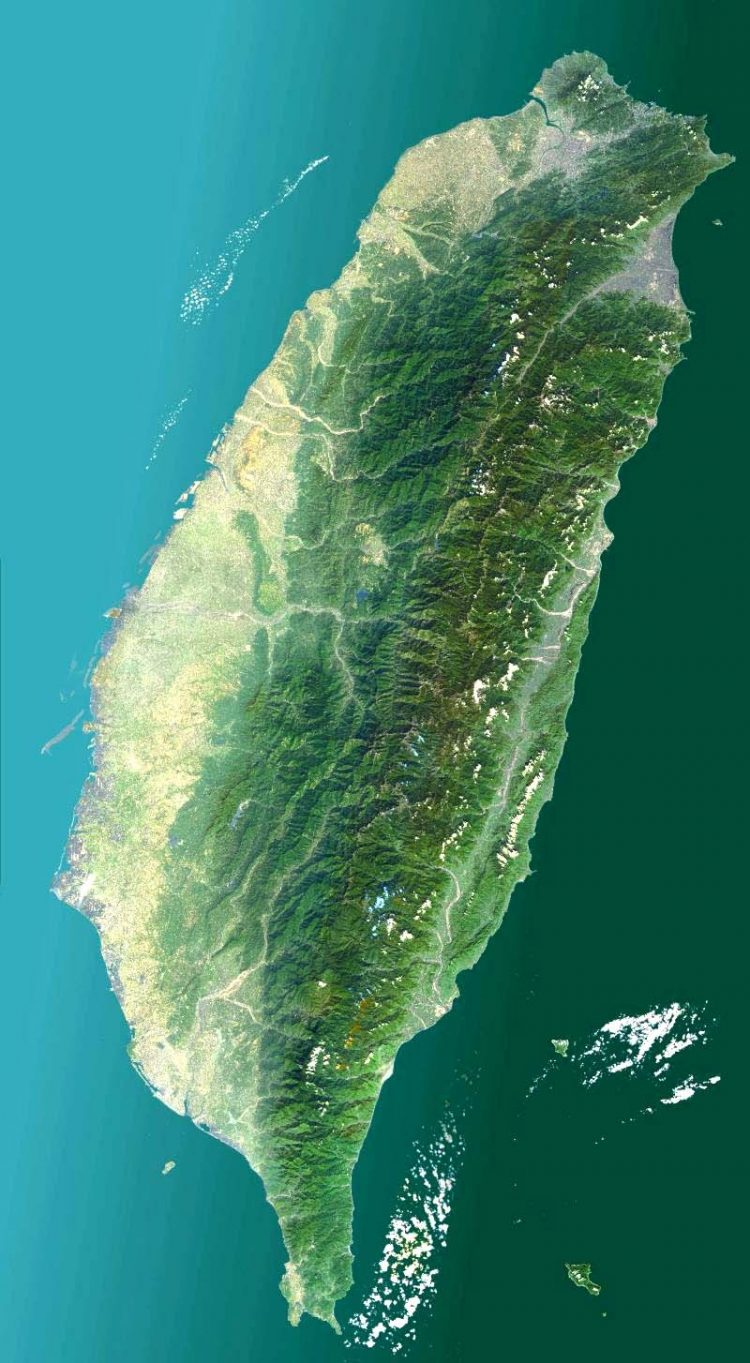Culture Clash
Foreign investors may take time to understand Taiwan’s gaming market
There are significant cultural as well as financial challenges for foreign operators interested in entering the Taiwan market. One is that Taiwan is quite an opaque business market even by comparison with Macau.
Anyone who has spent even a short amount of time in Taiwan quickly becomes aware that the place already has a de facto casino market—it just goes by another name. This is the arcade trade referred to by Mr Liu of Jumbo Technology. Gaming arcades are all over Taiwan, as he suggests. Many of the arcades operate baccarat machines as well as slot games. Technically these machines are played for gift prizes, not cash, but it’s an open secret among locals that the prizes can be exchanged for money, rather in the manner of pachinko arcades in Japan.
Local suppliers rule
The market to supply gaming machines to the Taiwan arcade sector is in turn sewn up by local manufacturers. Foreign suppliers have at least two major challenges in breaking in to this market. One is that for external, regulatory reasons they are extremely cautious about dabbling in a domestic arcade market that is at best opaque and at worst downright illegal. Another is that it is very hard to compete with the local suppliers on price. The latter generally do not have to spend time and money getting their machines internationally certified and therefore can significantly undercut the international brands on pricing. While it’s possible that a new, legally sanctioned casino industry will demand international standards for its equipment, it is by no means certain that international manufacturers will be able to achieve the sort of market share and market penetration achieved in Macau. In Macau there was no domestic equipment industry prior to market liberalisation being announced in 2002.
This domination of the local equipment market by local suppliers has knock on effects for any foreign casino operators interested in setting up shop in Taiwan. The risk is that if those operators were to choose trusted external suppliers with whom they are familiar from other operations outside Taiwan, they could load the business with costs significantly higher than those faced by operators relying on local equipment, without guarantees that the premium product will be more popular among Taiwanese players.
Many key components inside the machines of leading global gaming equipment suppliers are sourced in Taiwan, which has a reputation for quality control and relative respect for copyright, as compared to Mainland China. If the foreign equipment suppliers were to start competing in the domestic Taiwanese market, it could create conflicts of interest of little benefit to either side.









-120x86.jpg)























